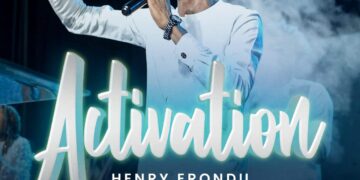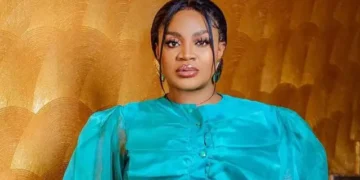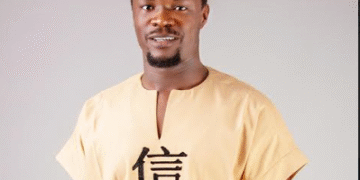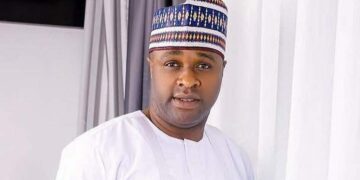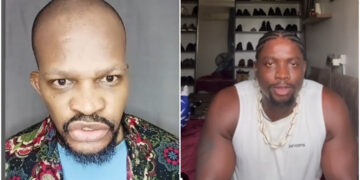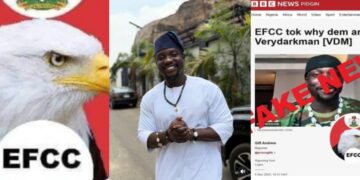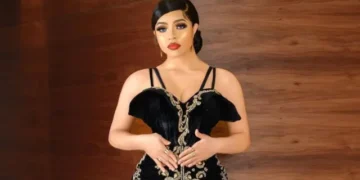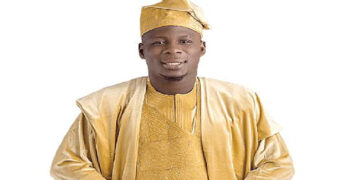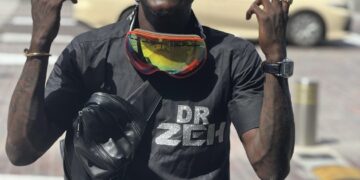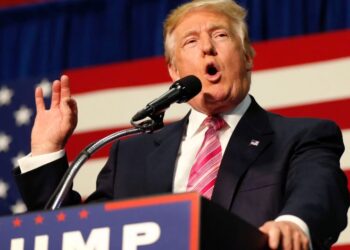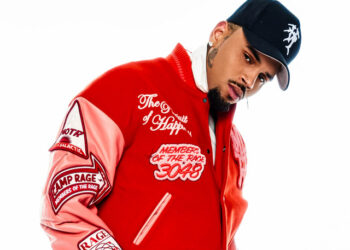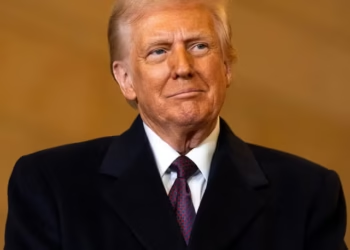
Here in Anyaa, a bustling part of Accra, Ghana’s capital, I’ve been exploring the nation’s vibrant media landscape—and what a window into society it has offered. The range of coverage—from hard news and opinion columns to cartoons (which are surprisingly few), book reviews, and photo stories—paints a picture of a society in motion, deeply reflective, and unafraid to question itself.
A Tour Through Ghana’s Newsrooms
At the heart of this media scene are Ghana’s oldest papers: the Daily Graphic and Ghanaian Times, each with their lifestyle-heavy weekend siblings, The Mirror and The Spectator. These publications remain influential, setting the tone for national discourse.
Newer entrants like the Daily Guide, The Ghanaian Chronicle, The Insight, Finder, Statesman, and online platforms like Modern Ghana and Business Ghana are keeping the nation engaged and informed.
Interestingly, Ghana no longer has evening newspapers—a tradition once strong under Kwame Nkrumah, Ghana’s first president, who launched such papers in the late 1940s to rally anti-colonial sentiment. The Evening Times had its heyday in the 60s, but since then, evening print media has vanished without revival.
Complementing the print press, the Ghana Broadcasting Corporation (GBC) and a flurry of FM radio and TV stations blanket the country with everything from gospel hour to fierce political debates—offering a kaleidoscopic view of daily life in this former Gold Coast.
The Media as Mirror and Mediator
Whether filtered or frank, Ghana’s media lets enough reality slip through for an honest appraisal of the state of the nation. It’s a reminder of why media—no matter how flawed—is indispensable. As Thomas Jefferson once put it: “Were it left to me to decide whether we should have a government without newspapers or newspapers without a government, I should not hesitate a moment to prefer the latter.”
Politics: A Return to Nkrumah’s Path?
From the pages of the press, a clear narrative emerges: Ghanaians have embraced a new leader, John Dramani Mahama, with high hopes and cautious optimism. Backed by the National Democratic Congress (NDC), Mahama presents himself as a left-of-centre Nkrumahist, promising to revive Pan-Africanism, challenge Western financial dominance, and reset Ghana’s course.
He’s vowed to make Founder’s Day—Nkrumah’s birthday—more than just a token public holiday, embedding it deeper in national consciousness.
But some Ghanaians want more than tributes. Critics say the real test is whether Mahama will help rebuild the Convention People’s Party (CPP)—Nkrumah’s original political platform—or continue the fragmented legacy of various Nkrumahist splinters.
There’s also heated debate over Kotoka International Airport, named after the soldier who overthrew Nkrumah in a CIA-backed coup. Many argue: How can we honour Nkrumah while glorifying his nemesis?
Reflect. Review. Reset.
As Ghana marked its 68th Independence Anniversary this March, the new government issued a national call to “Reflect. Review. Reset.”—a recognition that Ghana’s journey hasn’t met its founding vision. President Mahama says the previous government left behind “a lot of rot.”
In response, his administration launched Operation Recover All Loot (ORAL)—a bold, controversial initiative targeting former public officials allegedly involved in corruption.
Meanwhile, economic policy is anchored around a 24-Hour Economy Agenda (24-HE), meant to expand employment access across all regions and time zones, regardless of background or location.
Still, critics, especially from the New Patriotic Party (NPP), say the national budget is skewed—more focused on executive comforts than the youth and women ministries combined.
Galamsey, Justice, and Gender Politics
The war against galamsey—illegal mining that’s ravaging Ghana’s environment—continues. In the troubled Bawku region in the north, communal clashes persist despite government intervention.
Meanwhile, whispers of petitions for the removal of the Chief Justice have sparked national intrigue, with pressure mounting for President Mahama to be both transparent and gender-sensitive. Critics say the NDC hasn’t done enough to promote women in leadership, even with a female Vice President in office. They point to Namibia’s new woman president and remind Mahama of the 30th anniversary of the Beijing Affirmative Action for gender equality.
Spiritual Contrasts and Football Comebacks
The media also captures the paradoxes in Ghana’s religious life. On one hand, we have Reverend Tayo Aremu of Mark Hayford Memorial Baptist Church, humbly calling himself “undershepherd” to Jesus Christ. On the other, a self-proclaimed prophet on radio invites listeners to receive “breakthrough coins” and even encouraged an alcoholic to bring a bottle of akpeteshie (local gin) for healing.
In sports, Ghana is beginning to rediscover its football glory. In two 2026 World Cup qualifiers, the Black Stars netted eight goals without conceding once. It has sparked nostalgic national pride as fans dust off old victory songs instead of writing new ones.
Final Thoughts
Ghana, under a self-proclaimed Nkrumaist, seems poised for a reset—whether ideological, economic, or institutional. The media, with all its messiness and magic, remains a faithful chronicler of this nation’s hopes, struggles, and contradictions.

